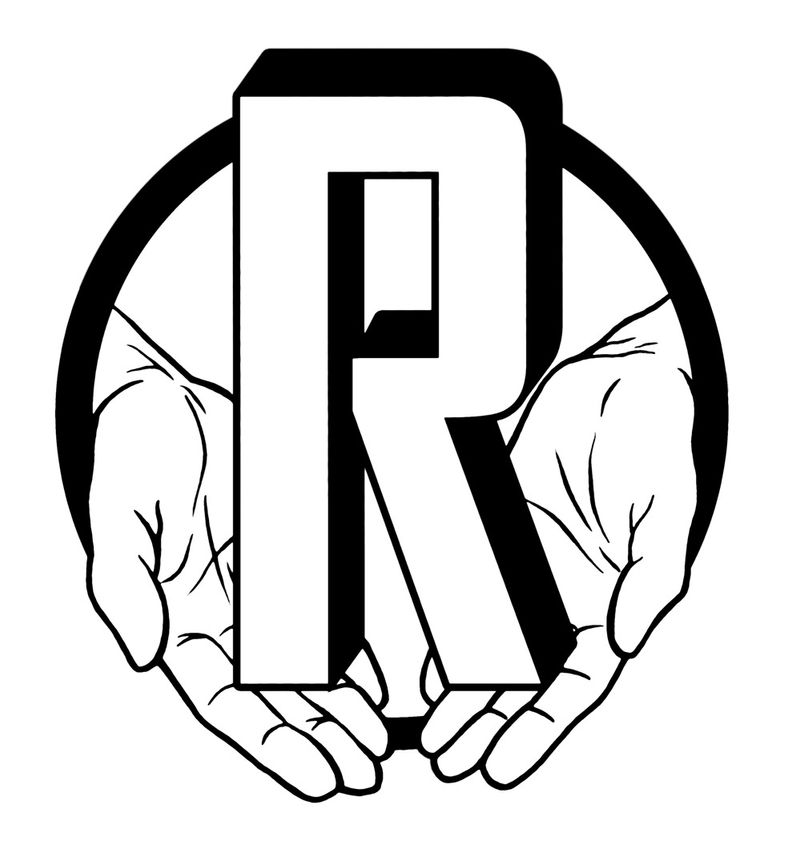
Three Poems

My Rx
On an old prescription pad
William Carlos Williams
scribbled some notes about poetry,
a few words on each sheet,
some indecipherable.
It looks terrific his scrawl
but it makes you wonder
why he didn’t just buy a regular notebook,
as his mind didn’t fit
onto those small sheets.
Now it has jumped into my notebook,
which has plenty of room for him.
Happiness
It’s hard to dislike the idea of being happy
except when happiness seems too far away.
Today, I’m glad to say,
happiness is close, but
keeping its distance,
for if something goes wrong
it will have a head start in getting further away,
and right now it doesn’t want to disturb
the contentment holding me in its arms.
One Thing
There has to be one thing
I can tell you that
will make you happy
with the idea of being alive,
O citizens. I feel it
somewhere in my body,
where I don’t know.
If only my body could disappear,
that one thing
would drop onto the ground
where you could pick it up
and stare at its words
written in a language
no one will ever understand
but which brings joy,
a quiet, crazy joy without end.
Ron Padgett
Ron Padgett’s How Long was a Pulitzer Prize finalist in poetry, and his Collected Poems won the LA Times Prize for the best poetry book of 2014 and the William Carlos Williams Award from the Poetry Society of America (PSA). He has also received the Shelley Memorial Award and the Frost medal from the PSA. His translations include Zone: Selected Poems of Guillaume Apollinaire and Blaise Cendrars’s Complete Poems. Seven of his poems were used in Jim Jarmusch’s film Paterson. New York City has been his home base since 1960.
Aurélie Salavert
French artist Aurélie Salavert conveys her thoughts, feelings and memories into pictures that feel as if they were buried in our own subconscious. The thruline of her practice is drawing that continuously reinvents itself through her use of different techniques and styles, allowing a figurative abstraction to emerge. Salavert's vast output of intimate pencil drawings, with their gentle washes of watercolor or flat areas of gouache, speak to us in a childlike clarity, but their meaning remains open. As Stéphane Calais states in the text for the exhibition Une expédition at the Fondation Ricard, Paris, "She is looking for something, at times she finds something, and when she doesn't, we're happy being lost with her."
Aurélie Salavert graduated from the Ecole Supérieure des Beaux-Arts de Marseille in 1990. In 1992, she received a grant from the DRAC Provence-Alpes-Côte d'Azur - Ministry of Culture. Her work was featured in solo exhibitions at the Galerie Athanor in Marseille and The Calvet Museum in Avignon. A selection of her artworks was acquired for the permanent collections of the Fond Régional d'art Contemporain (Paris) and the Fond National d'art Contemporain (France), and individual works reside in numerous private collections throughout Europe and the United States.
